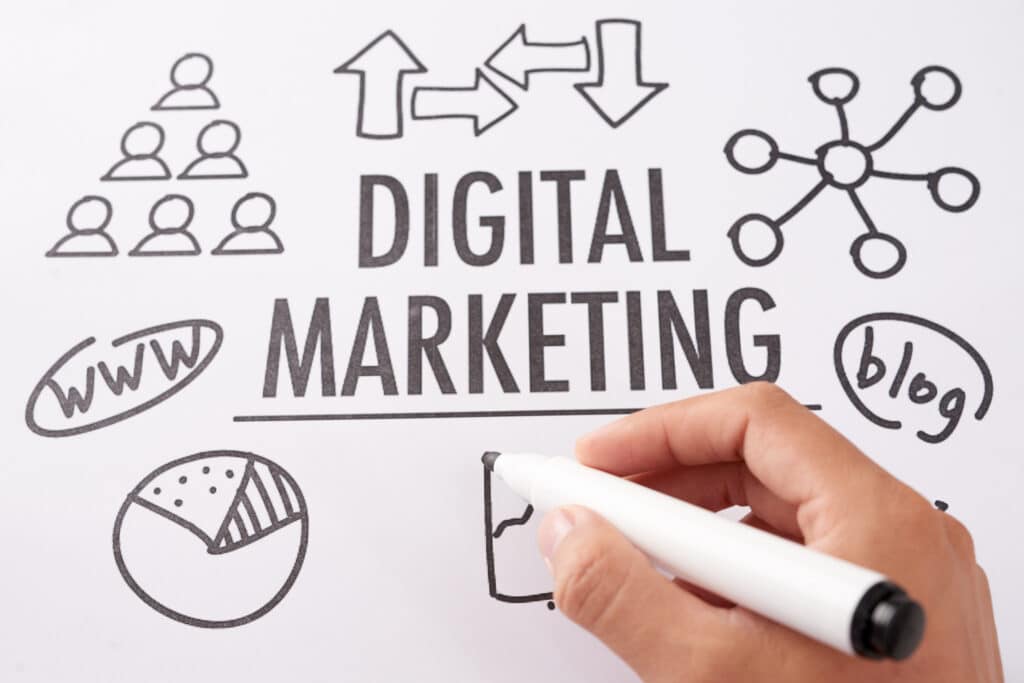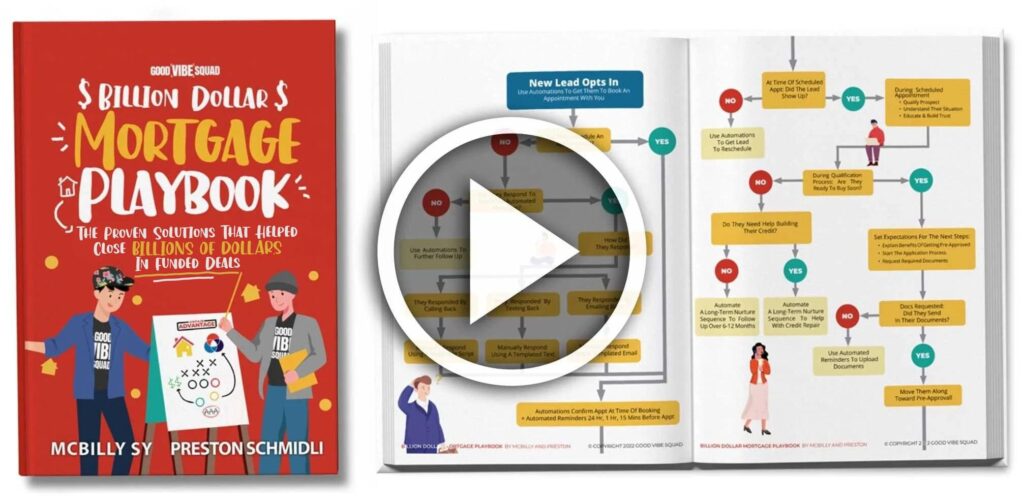Have you ever thought about which industries are utilizing digital marketing to stay ahead in the market? With the increasing technological advancements and the rise of online activity, digital marketing has become essential for business promotion across multiple sectors. Industries like healthcare, education, e-commerce, and real estate are among the sectors that understand the significance of digital marketing. This article will explore the top industries that need digital marketing the most in 2024 and how they can benefit from it.
Key Takeaways
- Digital marketing is crucial for businesses across all industries to effectively reach their target audience, establish brand recognition, and drive revenue.
- Industries such as healthcare, education, e-commerce, real estate, and entertainment are among the top sectors that benefit the most from digital marketing.
- Businesses can gain a competitive edge and achieve their goals with effective digital marketing strategies that increase customer engagement.
Get Our Billion Dollar Mortgage Playbook
Get the proven strategies that helped close Billions of dollars in funded deals!
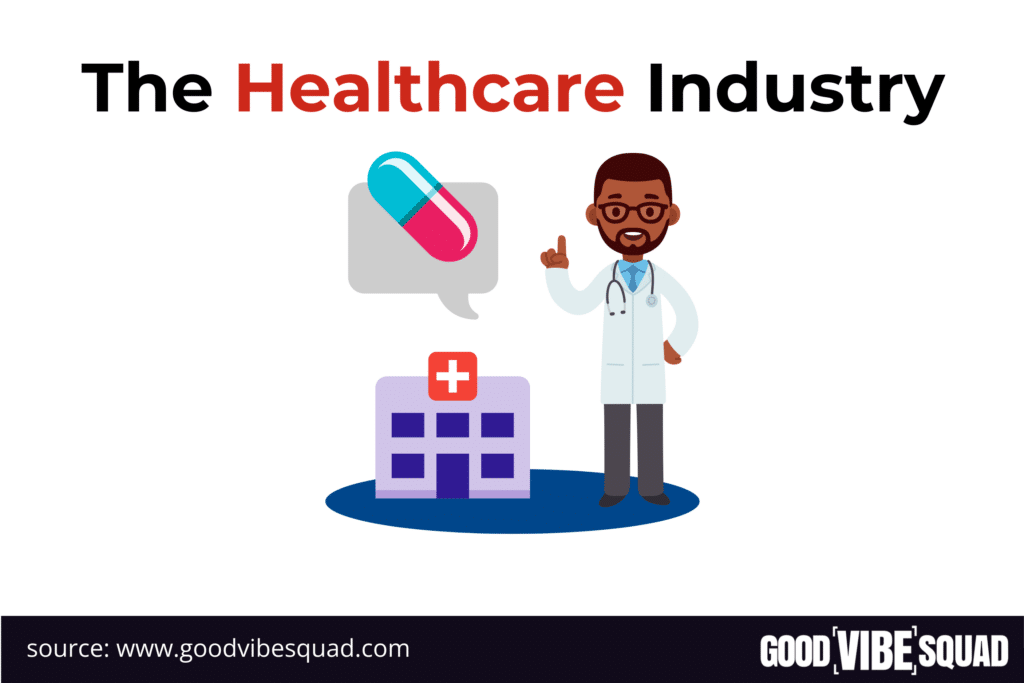
The Healthcare Industry
Digital marketing has greatly benefited the healthcare industry. Nowadays, people look for health information online, allowing healthcare providers to reach more people and establish trust with potential patients. Healthcare organizations can produce informative and captivating material such as blog entries, videos, and social media posts to educate their audience, demonstrate their expertise, and potentially draw in new patients.
Thanks to digital marketing, healthcare providers can target specific demographics based on age or location, ensuring their message reaches the right people. Moreover, healthcare businesses must carefully manage their online reputation, as patients rely on online reviews and ratings when selecting a provider. In order to establish a rapport with their audience, healthcare institutions must regularly keep track of and manage patient feedback. This is instrumental in preserving a favorable online image.
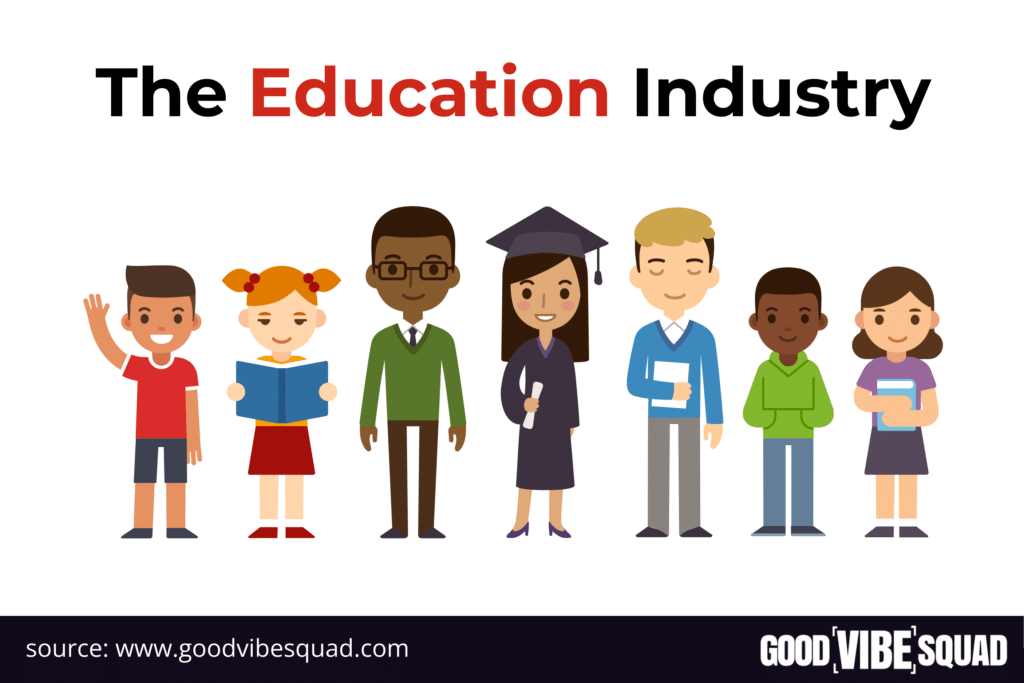
The Education Industry
The education sector has adopted digital marketing to attract potential students, engage with current ones, and establish brand awareness. With the increasing competition among educational institutions and the rise of online learning, digital marketing has become a vital tool for schools, colleges, and universities to differentiate themselves.
Various digital marketing channels are available for educational institutions to promote their programs, showcase their facilities, and highlight their students’ achievements. These channels include search engine optimization (SEO), pay-per-click (PPC) advertising, social media marketing, and email marketing. By effectively utilizing various communication channels, academic institutions can expand their reach by connecting with a larger audience and attracting more potential students. These institutions must have a solid understanding of these channels and how to use them effectively to reach their target audience. They can also create informative content like blog posts, infographics, and videos to attract potential students and establish themselves as thought leaders.
Furthermore, digital marketing allows educational institutions to target specific demographics, such as high school students, working professionals, and international students, ensuring their message reaches the right audience. By leveraging data analytics and marketing automation tools, educational institutions can personalize communication and provide a seamless user experience across various touchpoints.
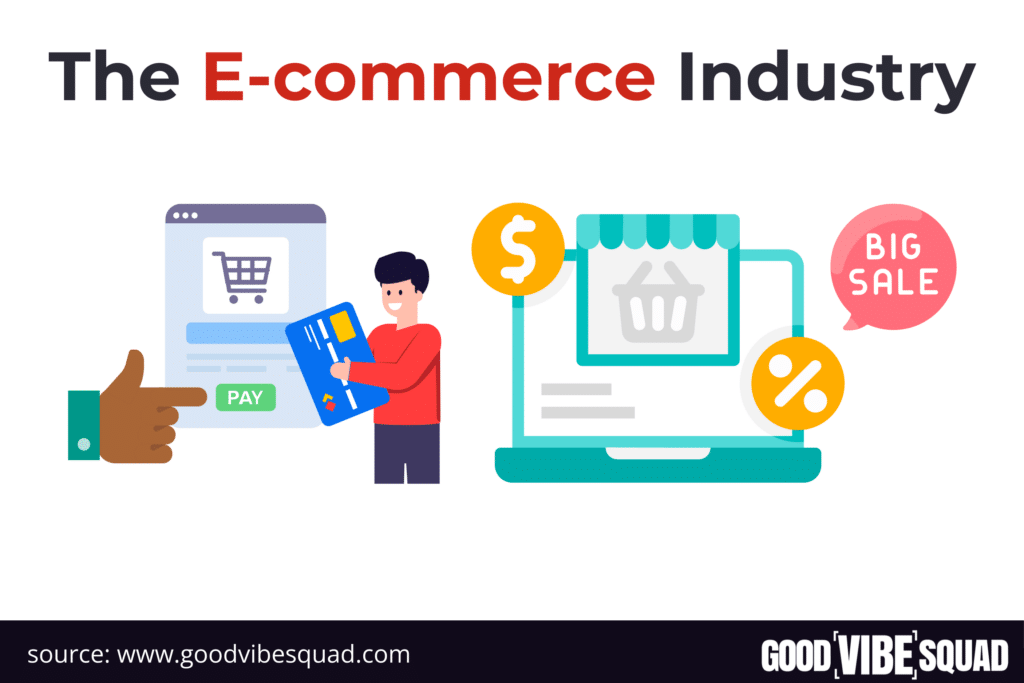
The E-commerce Industry
The e-commerce industry has been one of the biggest beneficiaries of digital marketing. As more people shop online, businesses in this space can leverage digital channels to expand their reach and attract customers worldwide.
E-commerce businesses can use digital marketing to tailor their campaigns according to customer behavior, preferences, and shopping history. This can be achieved through data analytics and marketing automation tools, which allow businesses to personalize communication, suggest relevant products, and provide a smooth shopping experience across different devices.
With the rise of digital marketing channels such as social media marketing, pay-per-click (PPC) advertising, email marketing, and search engine optimization (SEO), e-commerce businesses now have many options to reach out to potential customers. These channels can also help retarget users who abandoned their carts and encourage repeat purchases. E-commerce businesses can boost brand loyalty and drive word-of-mouth referrals by producing captivating and shareable content, such as user-generated content, customer reviews, and product videos.

The Real Estate Industry
In recent years, digital marketing has significantly transformed various industries, including the real estate sector. With the help of online platforms and tools, real estate businesses can now showcase their listings and reach a much wider audience than before. This has opened up new avenues for growth and success in the industry. Most home buyers now begin searching for a new home online.
Digital marketing enables real estate businesses to create targeted campaigns based on location, property type, and buyer preferences. Real estate businesses can personalize their communication, provide virtual tours, and streamline the buying process by leveraging data analytics and marketing automation tools.
Moreover, real estate businesses can use various digital marketing channels, such as SEO, PPC advertising, social media marketing, and email marketing, to attract potential buyers, showcase their listings, and build brand awareness. To gain the trust of their clients and establish long-term relationships, real estate businesses can create informative and valuable content. This can include neighborhood guides, tips for home-buying, and regular market updates.

The Entertainment Industry
The entertainment industry has also embraced digital marketing to reach a wider audience, promote content, and engage with fans. The entertainment industry has the unique opportunity to utilize digital streaming services and social media platforms to create personalized marketing strategies and foster customer loyalty. This approach has become increasingly popular among businesses, allowing them to effectively reach potential customers and keep them engaged with their brands.
Through social media teasers, trailers, and behind-the-scenes content, digital marketing enables entertainment businesses to create buzz around upcoming releases, such as movies, TV shows, and music albums. Entertainment businesses can effectively broaden their audience and foster more personalized engagement with their fans by utilizing influencer marketing and user-generated content.
Entertainment businesses have a variety of digital marketing channels at their disposal to promote their content and increase ticket sales and merchandise purchases. These include search engine optimization (SEO), pay-per-click (PPC) advertising, social media marketing, and email marketing. Entertainment businesses can generate a loyal fan base and create a community around their brand by developing interactive and engaging content, such as quizzes, polls, and other experiences. This can help them to stand out from their competitors, build their brand reputation, and establish long-term relationships with their audience.
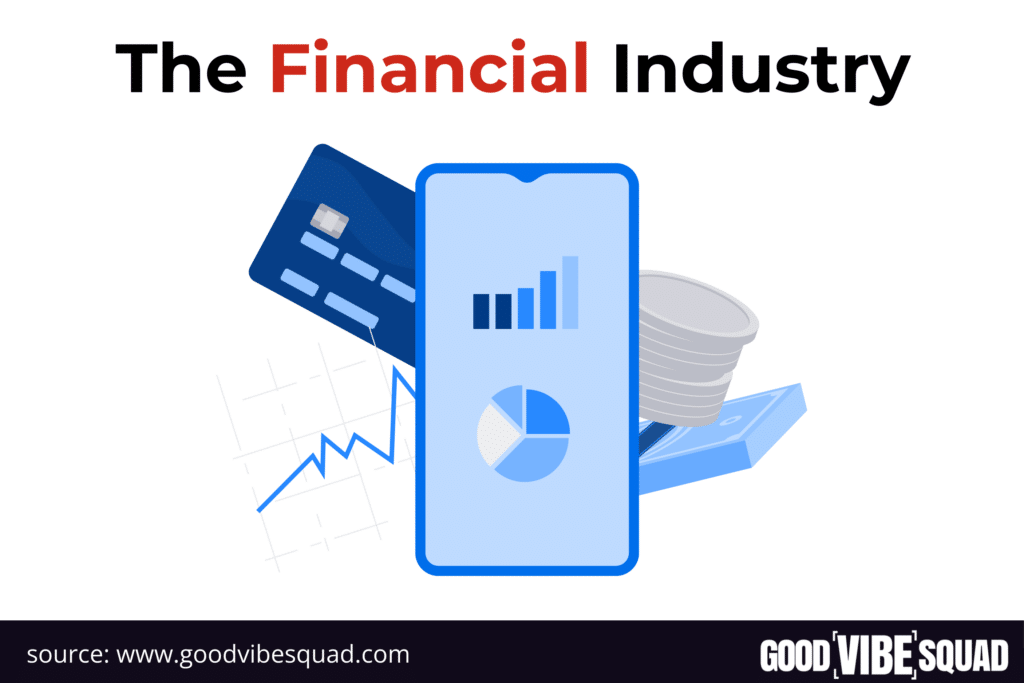
The Financial Industry
Finance Financial services firms, including banks, insurance companies, and fintech startups, are vying for consumers’ attention in a crowded digital space. To succeed, finance brands need to meet customers where they are – increasingly, that’s online and on mobile devices.
Tactics like content marketing, social media, and personalized email campaigns can help financial firms educate customers, build trust, and drive conversions. PPC ads and SEO are also critical for boosting online visibility and traffic. Advanced digital technologies like AI, machine learning, and blockchain offer further opportunities for innovation and customer engagement in the finance sector.

The Travel & Hospitality Industry
The travel and hospitality sector is all about delivering seamless, personalized digital experiences. Travelers nowadays heavily rely on digital channels for a variety of purposes. They use these channels to research destinations, book flights, and make hotel reservations. The convenience of digital platforms has made them an essential tool for modern-day travel planning.
To win customers, travel brands need a mobile-first digital strategy encompassing SEO, social media, email marketing, and targeted advertising. Personalization is critical – using data and AI to deliver tailored recommendations and offers can help travel companies stand out. User-generated content, like reviews and photos, also helps build trust and inspire bookings.

The Professional Industry
Professional Services From law and accounting firms to marketing agencies and consultancies, professional services firms increasingly leverage digital channels to attract and retain clients. A solid online presence is essential for demonstrating expertise and credibility in a crowded market.
Content marketing, including blogs, whitepapers, and webinars, can help services firms showcase their knowledge and thought leadership. Email marketing and social media can build relationships with potential clients. SEO and PPC are also crucial for driving qualified website traffic and leads.
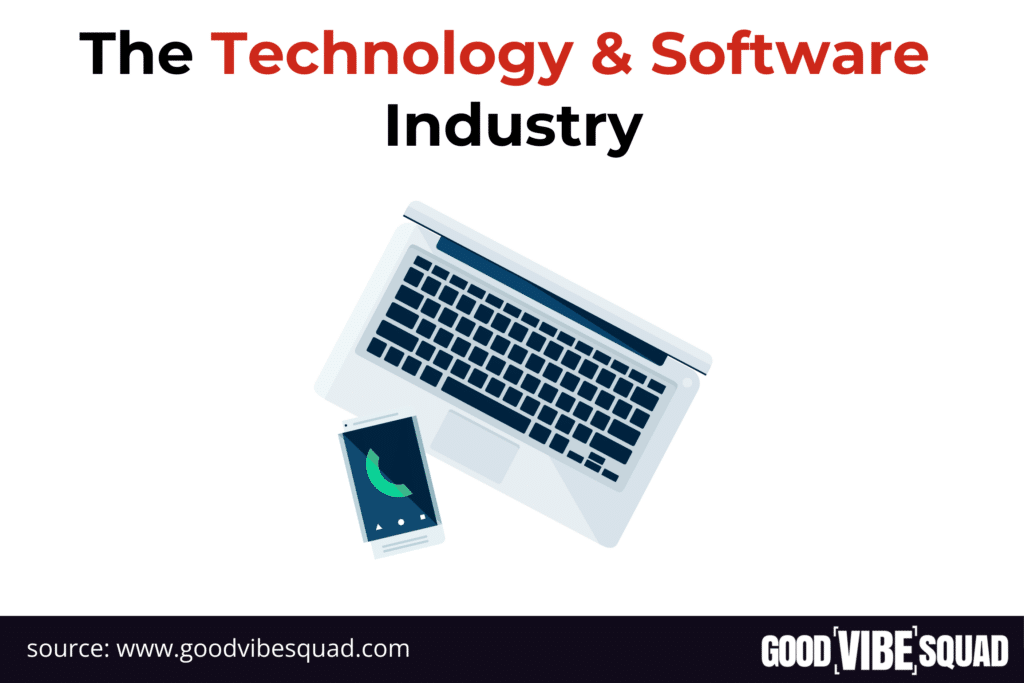
The Technology & Software Industry
In the fast-moving tech industry, digital marketing is a must-have. With countless software solutions and apps vying for attention, tech brands must leverage every digital channel to get noticed and drive adoption.
Product-led content, like demos and tutorials, can help software companies educate users and drive sign-ups. Social media and online communities offer opportunities to engage users and gather feedback. Targeted advertising and email marketing can also boost conversions and customer loyalty.

The Manufacturing Industry
While manufacturing is a traditional offline industry, digital marketing is increasingly important for driving growth and competitiveness. Manufacturers must leverage digital channels to reach buyers, showcase products, and deliver customer service.
A user-friendly website with robust product information is essential. Content marketing can help manufacturers demonstrate their expertise and build trust with buyers. One effective way to attract potential customers and guide them through the sales funnel is to utilize various online marketing strategies, such as email marketing, pay-per-click (PPC) advertising, and social media. These methods can help generate traffic and nurture leads toward purchasing or taking a desired action.

The Automotive Industry
The automobile sector is experiencing a digital transformation as more consumers research and buy cars online. To stay competitive, auto brands must deliver a seamless, omnichannel digital experience.
A mobile-optimized website with engaging vehicle information and pricing is essential. Personalized email marketing and targeted advertising can help guide buyers through the sales funnel. Social media marketing and online reputation management are crucial in establishing brand awareness and trust. A well-rounded strategy that includes these elements is essential to succeed in today’s digital landscape. By effectively utilizing social media platforms and managing your online presence, you can engage with your audience, build a positive reputation, and drive business growth.
The Importance of Original Digital Marketing
Digital marketing has become an integral part of the strategy for most companies across various industries. It enables businesses to reach their intended audience, create brand awareness, and increase revenue. It is a highly effective tool that can make a significant difference in the success of any business. However, ensuring that all marketing materials are original and not copied from other sources is essential to avoid plagiarism. From healthcare and education to e-commerce and real estate, the impact of digital marketing is undeniable. By embracing this powerful strategy and implementing effective tactics, businesses can gain a competitive edge, increase customer engagement, and achieve their goals in 2024 and beyond.
Frequently Asked Questions:
Q: How long does it take for digital marketing to become profitable?
A: Regardless of the industry, it usually takes 8 to 10 months to see significant results from digital marketing efforts.
Q: Which industry needs digital marketing the most?
A: While all industries can benefit from digital marketing, healthcare, entertainment, food, legal services, and retail need it the most.
Q: How can digital marketing help small businesses compete with larger companies?
A: In marketing, digital channels have enabled small businesses to compete with larger enterprises by providing them with the means to connect with a broader audience, focus on specific demographics, and create brand recognition at a fraction of the cost associated with conventional marketing approaches.
Q: Can you provide insight into which digital marketing strategies are the most effective for businesses?
A: To succeed in digital marketing, it is essential to utilize a combination of strategies that work best for the specific industry and target audience. This may include SEO, content marketing, social media advertising, email marketing, and influencer partnerships.
Q: What are some ways for companies to gauge the effectiveness of their digital marketing strategies?
A: Businesses can assess the success of their digital marketing strategies using various methods. Key performance indicators include website traffic, lead generation, conversion rates, social media engagement, and return on investment (ROI). By monitoring these metrics, companies can identify areas for improvement and make data-driven decisions to optimize their marketing efforts.
Transform Your Mortgage Journey with Good Vibe Squad
Transform your mortgage journey with the Good Vibe Squad! Navigate the complexities of home financing with confidence and positivity. At Good Vibe Squad, we’re more than just a mortgage marketing company; we’re your dedicated partners in homeownership success. Discover a wealth of resources, personalized guidance, and uplifting support to make your dream home a reality. Join a community where positivity thrives and every step towards homeownership is celebrated. Whether you’re a first-time buyer or a seasoned homeowner, let the Good Vibe Squad empower you with knowledge and encouragement. Schedule your call today and embark on your path to mortgage greatness!

